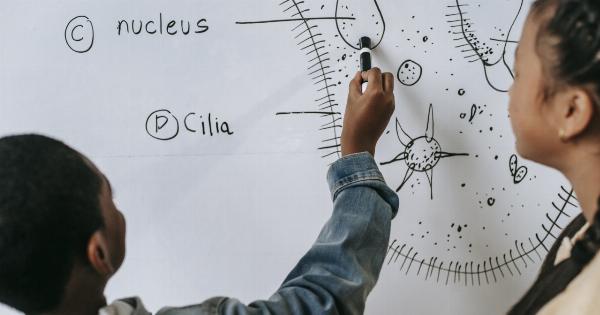Depression is a challenging mental health disorder affecting millions of people globally. It causes significant impairment in a person’s quality of life, leading to difficulty in functioning daily.
Depression can affect anyone regardless of age, gender, or social status, and it is essential to understand its psychological symptoms to reduce its impact on people and society in general.
What is Depression?
Depression is a mood disorder that affects people’s feelings, behaviors, and thoughts. It can cause a constant feeling of sadness, loss of interest in things once enjoyed, and a lack of motivation.
Depression often affects people’s sleep and appetite habits, and it can cause physical symptoms like headaches and body aches.
Types of Depression
There are several types of depression, with different symptoms and severities:.
Major Depressive Disorder:
This is the most common type of depression that lasts for weeks, months, or longer. It causes severe symptoms that interfere with daily life, making it challenging to function normally.
Persistent Depressive Disorder:
Also known as dysthymia, this type of depression lasts for a minimum of two years but with milder symptoms than major depression.
Bipolar Disorder:
This type of depression is characterized by extreme mood swings, with periods of high energy and elated feelings followed by periods of sadness and depression, lasting for weeks or months.
Seasonal Affective Disorder:
This type of depression occurs seasonally, usually during the winter months, affecting people with decreased daylight exposure.
Psychological Symptoms of Depression
Depression affects the way people feel and behave, and it may affect their self-esteem, relationships, and overall quality of life. Some common psychological symptoms of depression include:.
Feelings of sadness or hopelessness:
Depression can cause intense feelings of sadness that can last for prolonged periods, even in seemingly good times.
Loss of interest or pleasure:
Depression can cause a lack of interest in activities that used to be enjoyable, leading to social isolation and less physical activity.
Low energy and fatigue:
Depression can lead to physical symptoms like constant fatigue and low energy levels.
Poor concentration and decision-making:
Depression can impair cognitive function, causing difficulty focusing and making decisions.
Changes in sleep and appetite:
Depression can cause significant changes in appetite and sleep habits, leading to weight changes and insomnia.
Feelings of guilt or worthlessness:
Depression can cause a feeling of unworthiness and guilt, diminishing self-esteem and causing negative self-talk.
Suicidal Ideation:
In severe cases, depression can lead to persistent thoughts of suicide, requiring immediate medical attention.
Treatment for Depression
Treatment for depression usually involves a combination of medication, therapy, and lifestyle changes. Medications like antidepressants can improve mood symptoms and reduce the severity of depression.
Therapy like cognitive-behavioral therapy can help address negative thought patterns and behaviors that contribute to depression. Lifestyle changes like regular exercise, healthy eating habits, and social support can also help manage depression symptoms.
Conclusion
Depression is a common and debilitating mental health disorder affecting millions of people worldwide. It can cause significant impairment in daily life, affecting physical and psychological health.
Understanding the psychological symptoms of depression is essential in identifying the disorder and seeking medical and professional help to manage its symptoms effectively.




























